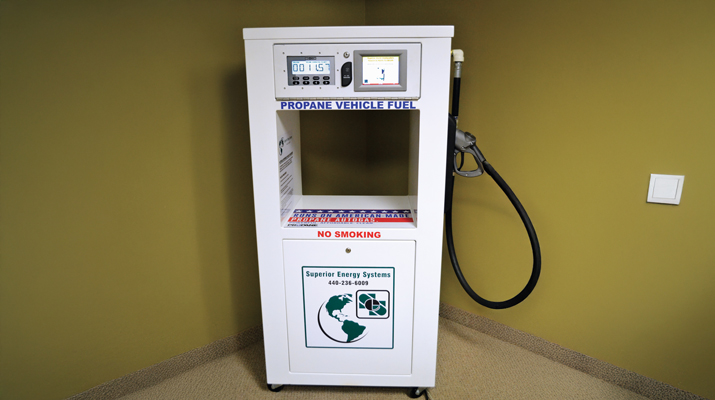Why do companies settle lawsuits?
Virtually all claims for injury, death or property damages never reach a jury verdict. Many of these cases get close to reaching a jury verdict but “settle at the courthouse steps.” This has resulted in expressions of frustration from attorneys, clients and insurance companies over the many years I have been a trial lawyer.
 John McCoy LP/Gas Magazine Columnist |
There is no simple answer to the question: Why does this happen? It is a combination of factors that often bring about a settlement.
At the outset of a lawsuit, parties have their view of the case and what they believe is the opponent’s view. Through the course of discovery before trial, each side begins to assess the opponent’s position and, in turn, begins to reassess its own position.
You may find your position is strengthened, and the opponent’s position is weakened. You may find the reverse is true. Or, you may find a blending of strengths and weaknesses from both sides. These assessments bear directly on the value of a case in terms of settlement.
Discovery also allows a separate analysis of loss by way of injury and/or property damages and business interruption losses. What is a fair value separate from a liability assessment can be made with greater confidence after records have been reviewed and the injuries or losses have been examined.
There is often an economic factor. This includes the costs of litigating (attorney time, expert time, travel, deposition transcripts), company time that is taken from running the business and an aggravation factor of being in a lawsuit.
The time-value of money now versus a year or two down the road can force early settlements at a discount.
There is also the risk of a jury verdict that no party can control. Any trial lawyer will tell you he cannot guarantee a certain trial verdict. A case that all agree is a winner may not end up that way after a jury verdict. I am not alone in saying I have won cases I should have lost and lost cases I should have won.
Finally, the financial survival of the company is often considered when claims are resolved. A claim that can be resolved without exposing a company to financial risk is often a strong settlement driver.
Most cases are resolved through compromise. At its core, compromises are most successful when both parties feel the resolution of a dispute did not achieve the best result. Both parties usually leave something on the table.
So, remember your case may settle, and most likely will. You probably won’t be completely satisfied with the end result, but at least you will know the other side is not either.
John V. McCoy is the president of McCoy & Hofbauer, S.C. and specializes in the representation of propane companies. He can be reached at 800-599-8300 or jmccoy@mh-law.us.
















